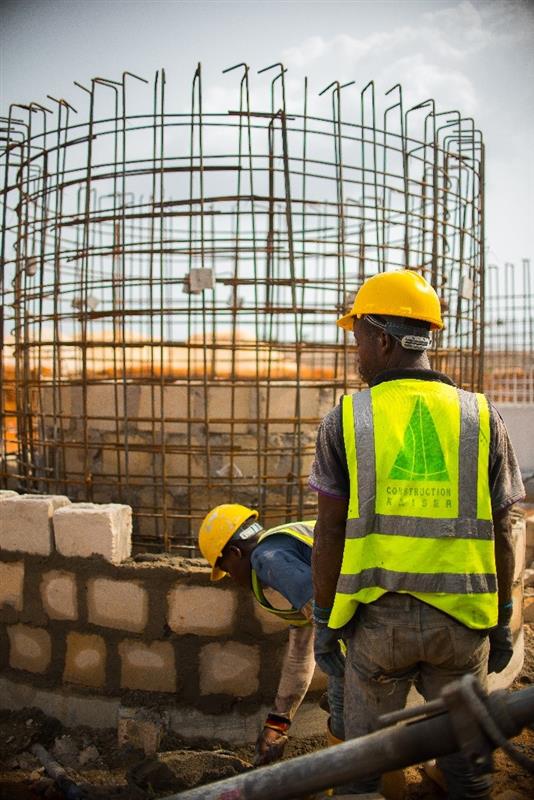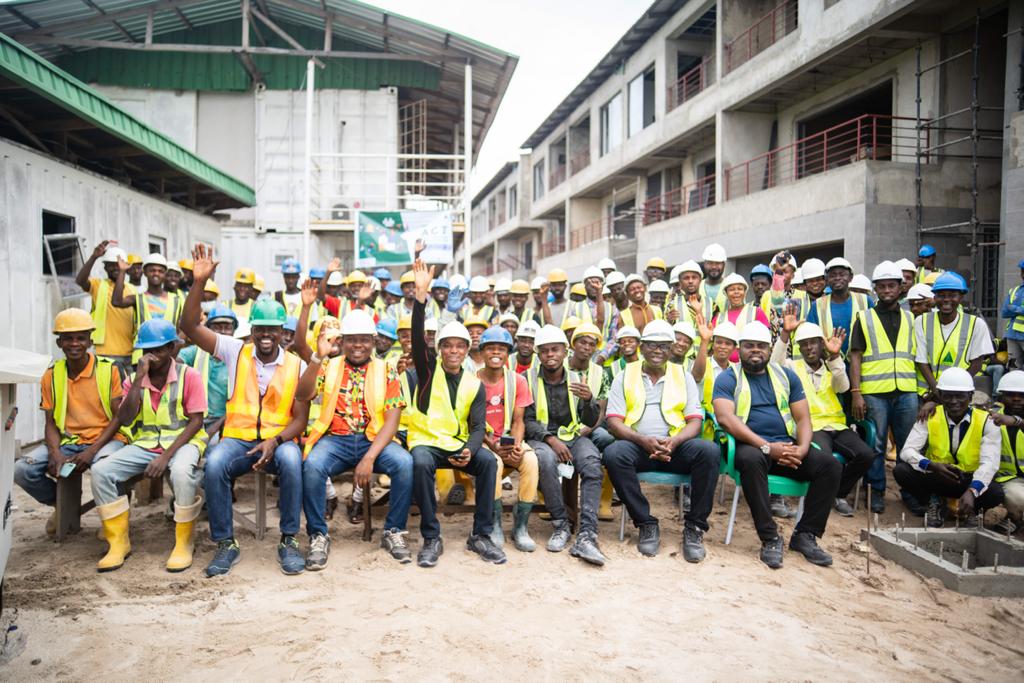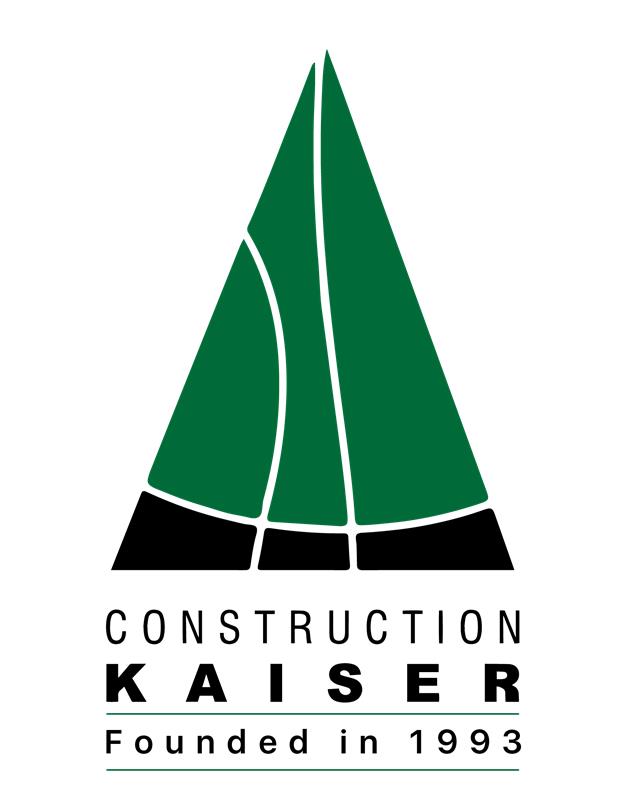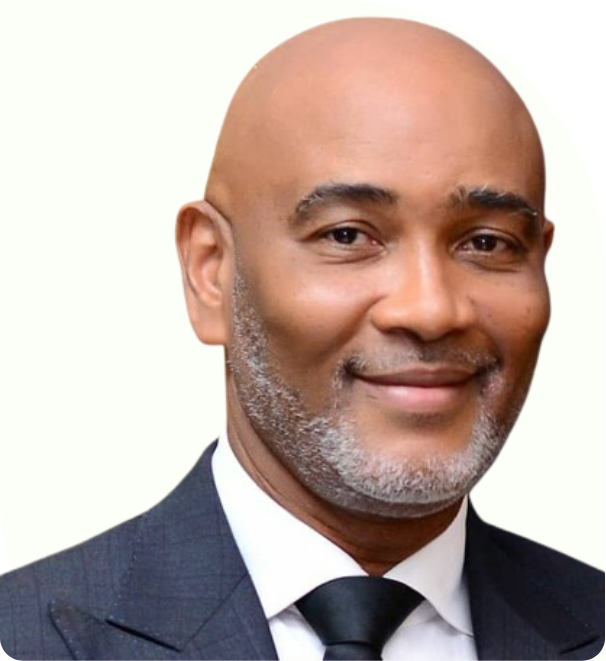Unveiling the Essential Role of Construction Professionals in Ensuring Building Safety in Nigeria


In the realm of construction and sustainable building, Nigeria is facing a significant challenge of ensuring the safety of buildings. This concern took centre stage at the recent Sustainable Building Conference organized by BusinessDay. Engr. Igbuan Okaisabor, CEO of Construction Kaiser Limited, underscored the pivotal role of professionals in this pursuit.
When engineers and experts conduct their work with integrity and precision, they significantly contribute to the efficient functioning of regulatory bodies. Integrity, characterized by adherence to ethical standards, honesty, and accuracy, instils confidence in regulatory bodies regarding the reliability and compliance of the work. Precision demands meticulous attention to detail for high accuracy. He symbiotic relationship between these professionals and regulatory entities relies on the honesty and precision of information for informed decision-making and standards enforcement.
Professionals across roles, from soil testers to geotechnical engineers and consultants, play interconnected roles throughout the construction process. Beginning with preliminary soil testing, advancing to geotechnical analysis, and concluding with project oversight, collaboration ensures construction projects are founded on a solid understanding of site conditions, minimizing risks and optimizing structural integrity.
Integrity serves as the bedrock of professionalism. Even in the absence of stringent regulatory frameworks, professionals executing their duties diligently can prevent or mitigate issues, ensuring construction projects’ safety and reliability.
Addressing the challenges surrounding building safety in Nigeria requires a multifaceted approach:
- Collective Professional Dedication: Professionals must unite against corrupt practices, upholding project integrity and contributing to the positive impact of the construction industry on society, the environment, and global development.
- Digitizing Processes: Infusing technology into traditional systems enhances transparency, efficiency, and accountability, acting as a deterrent to corrupt practices and strengthening overall institutional integrity.
- Standardizing Procedures: Establishing a framework that promotes transparency, fairness, and accountability makes it challenging for corrupt practices to take root within the construction industry, fostering a culture of integrity and ethical conduct.
- Simplifying Tasks: Streamlining processes and reducing unnecessary complexity mitigates opportunities for corruption, creating a work environment less susceptible to corrupt practices and promoting a culture of integrity.
- Whistleblower Protection: Encouraging individuals to report misdeeds without fear is crucial in addressing building safety issues.
- Independent Oversight: The adoption of independent oversight, including third-party regulatory bodies, monitors construction practices and maintains accountability.
Implementing these strategies is crucial for protecting stakeholders’ interests, mitigating risks, and fostering sustainable development, ethical cultures, and global competitiveness. Embracing and implementing such measures are fundamental for the long-term success and positive impact of the construction industry in Nigeria.
In conclusion, the consensus is clear—professionalism, integrity, and the use of quality building materials are essential for a safer and more sustainable future in construction in Nigeria.















